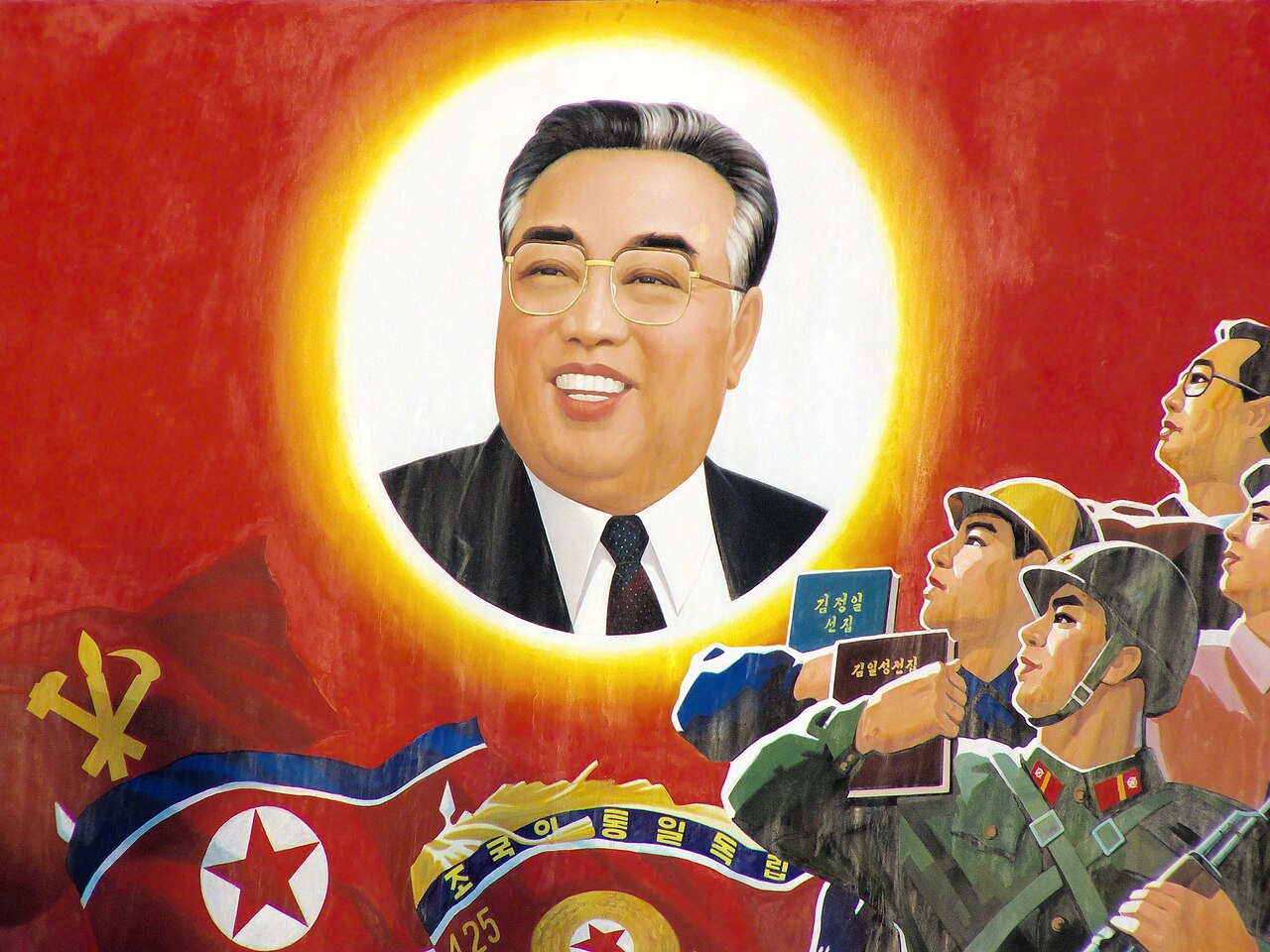view the rest of the comments
Korea / 조선
A community about anything related to Korea, such as news about the countries (DPRK and south), discussion, photos and videos, the language, etc.
See also: [email protected], which is intended for memes rather than serious discussion of these topics.
The picture of this Lemmy community is magnolia (목란), the national flower of the DPRK. The background picture is a scenery of Pyongyang.
Rules:
-
No imperialist apologia. The DPRK didn't start the war. US imperialist invasion was not justified. Neither are their army bases in south Korea. The sanctions were and are not justified.
-
Be respectful. The imperialist media likes to describe the DPRK people as completely brainwashed, and that it'd be fine to completely destroy that country in an invasion. Don't act like the imperialist media.
-
Be skeptical of your sources. Don't trust the media that has been known to report many falsehoods about Korea already. (You may still link to them if they write something interesting / worth reading, just be careful.)

How did the DPRK do that?
Elaborating upon the other response, you can break down the economy into 3 sectors (typical in Marxist economics) by what they produce
In a capitalist economy, the first sector is funded by capitalist exploitation and state subsidies/orders (which in turn come from taxes). The second sector is funded by worker wages and welfare (again, ultimately from taxes). The third is funded by exploitation and taxes.
The size of each industry is determined by its funding, so the state can indirectly control the size of each sector of its economy. The more it taxes workers, the smaller sector 2 becomes, leaving room to grow sector 1 and 3. Placing orders on firms to build out infrastructure or do research can expand sector 1 and so on.
Controlling the size of the sectors is the primary goal of any (rational) state's economic policy. If the state wants to grow the economy quickly, it directs funding into sector 1. If it wants to raise the standard of living, it directs it into sector 2. If it wants to prepare for war, or give its bourgeois class more private jets, it directs funding into sector 3.
This economic structure exists even in socialist societies. They may produce negligible "luxury items", but they still have to produce weapons. The difference in a fully realized socialist society is that taxes become obsolete. The socialist state can directly control the size of each sector, while the capitalist one has to use indirect means like taxes, subsidies, interest rates and so on.
What are some good books that cover the North Korean economy?
Unfortunately, I haven't gotten around to studying the DPRK in depth yet, so I can't recomend any that I've read myself.
I did find this : North Korea, a country study. Supposedly, it is reasonably unbiased, despite being sponsored by the US government (sometimes the US government publishes sensible analyses of enemy nations, it just does so quietly). The economy part starts at page 106
edit: I'm reading the book, and it's about what I expected. Useful information (still quite general) interspersed with partially ideological, and partially materialist explanations of why certain things happened. I guess that's the best you can expect from this type of source.